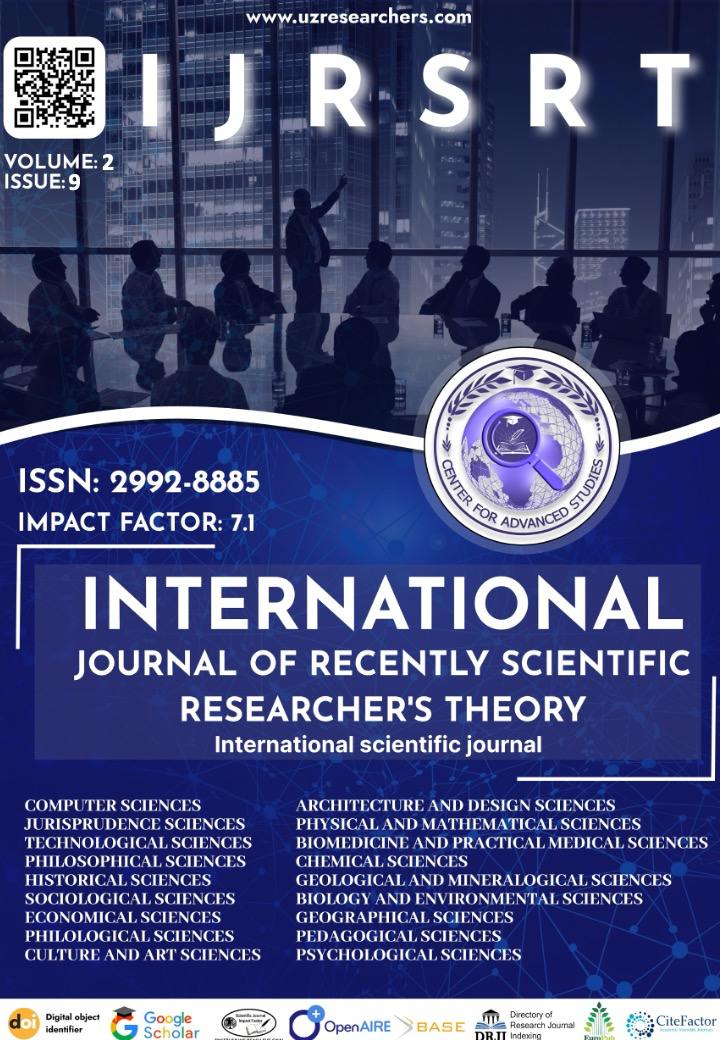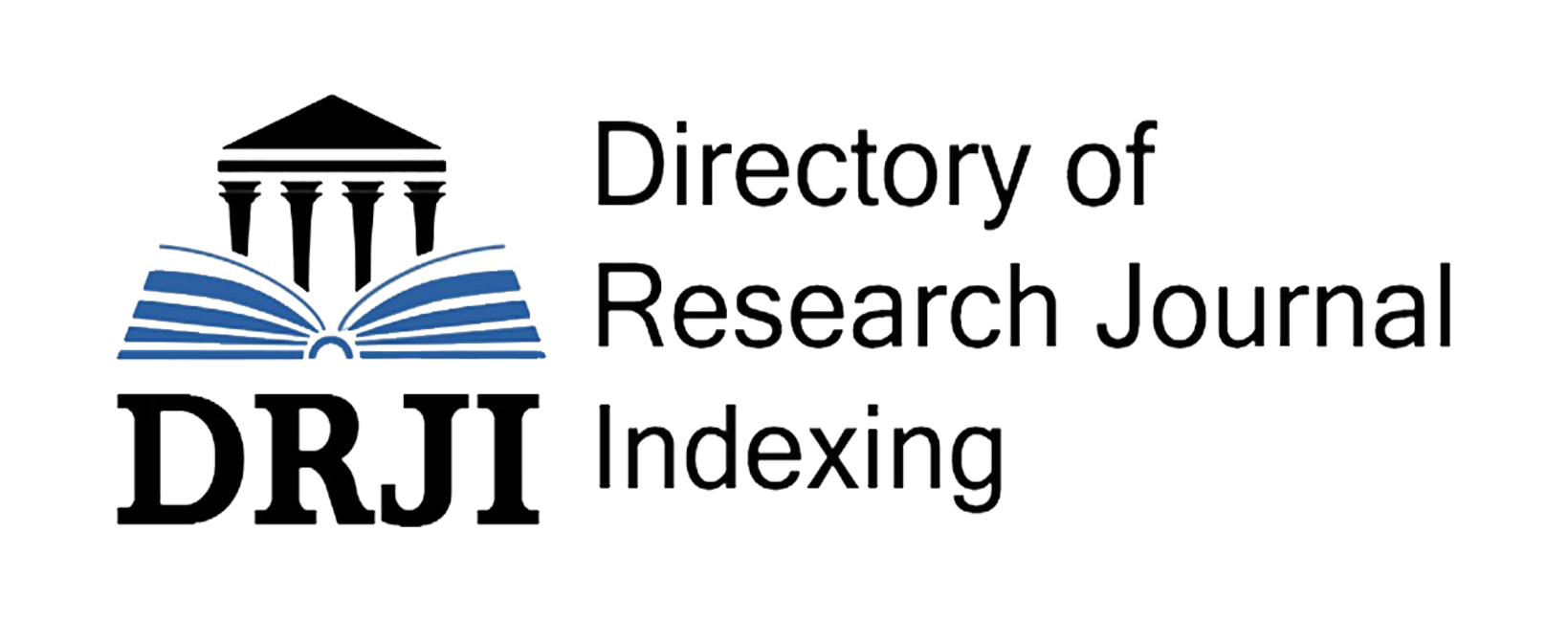NOVICE TEACHERS IN ENGLISH LANGUAGE TEACHING. CHARACTERISTICS OF NOVICE TEACHERS
Keywords:
Novice teachers, professional development, classroom management, CPD, mentoring, Uzbekistan, English language teaching, DUET initiativeAbstract
This research paper explores the characteristics, challenges, and professional development needs of novice English language teachers, with a focus on their growth trajectory and the support required for their professional development. It discusses the unique experiences of novice teachers, such as their high enthusiasm, receptiveness to feedback, and the need for validation from experienced colleagues. Key challenges faced by novice teachers include classroom management, adapting to diverse student needs, and balancing multiple responsibilities. The paper emphasizes the role of effective induction programs, tailored professional development, and mentoring relationships as critical support mechanisms for novice teachers. Additionally, the study delves into the context of Continuing Professional Development (CPD) in Uzbekistan, highlighting the historical and structural challenges faced by English teachers and the impact of programs like the DUET initiative.
References
1. Darling-Hammond, L. (2000). "Teacher quality and student achievement: A review of state policy evidence." Educational Policy Analysis Archives, 8(1), 1-44.
2. Johnson, S. M., & Birkeland, S. E. (2003). "Pursuing a ‘sense of success’: New teachers explain their career decisions." American Educational Research Journal, 40(3), 581-617.
3. Feiman-Nemser, S. (2001). "From preparation to practice: Designing a continuum to strengthen and sustain teaching." Teachers College Record, 103(6), 1013-1055.
4. Ingersoll, R., & Strong, M. (2011). "The impact of induction and mentoring programs for beginning teachers: A critical review of the research." Review of Educational Research, 81(2), 201-233.
5. Kagan, D. M. (1992). "Professional growth among preservice and beginning teachers." Review of Educational Research, 62(2), 129-169.
6. Kyriakides, L., Creemers, B. P., & Antoniou, P. (2009). "Teacher behaviour and student outcomes: Suggestions for research on teacher training and professional development." Teaching and Teacher Education, 25(1), 12-23.
7. Fives, H., & Buehl, M. M. (2012). "Spring cleaning for the 'messy' construct of teachers' beliefs: What are they? Which have been examined? What can they tell us?" Educational Psychology Review, 24(4), 475-491.
8. Borko, H., Whitcomb, J. A., & Liston, D. (2010). "Wicked problems and other thoughts on issues of teacher learning, teaching, and teacher education." Journal of Teacher Education, 61(1-2), 3-6.









